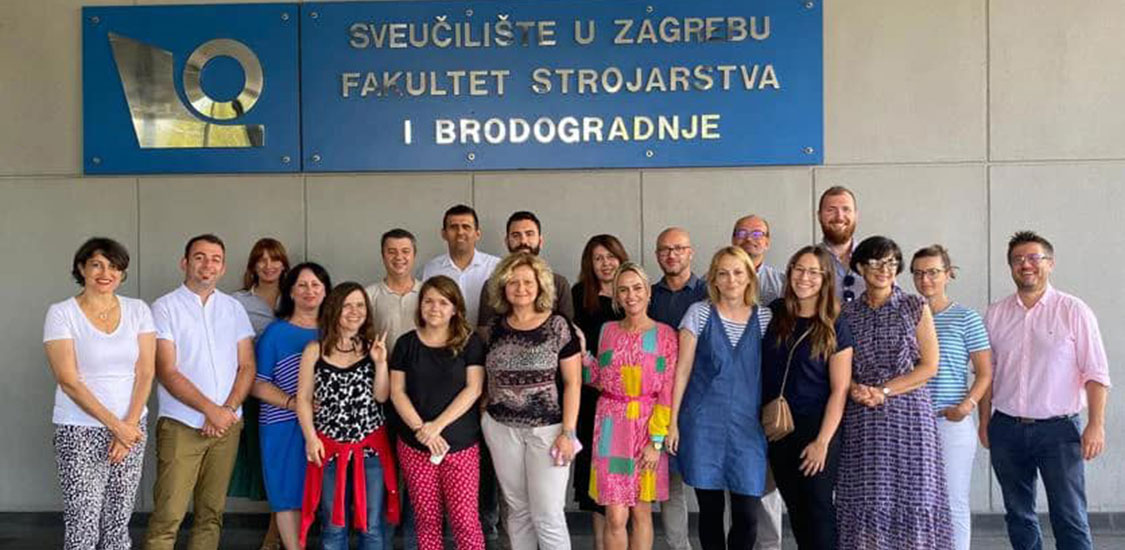
Kick-off of the development of the online environmental communication program
Natural resource management should be understood, so that environmental problems can be more easily identified and solved. By providing accurate information on complex environmental issues, people will know how environmental degradation affects their lives and how they can protect natural resources. This will be aided by effective use of communications and journalistic techniques and tools, as well as public participation in decision-making and skilful resolution of conflicts related to natural resources.
The above sums up a part of the knowledge and skills that will be acquired in the online environmental communication program, which is being developed by the Institute of Communication Studies from Skopje, the Department of Biology and Ecology at the University of Novi Sad, the Faculty of Mechanical Engineering and Naval Architecture at the University of Zagreb, Faculty of Political Sciences at the University of Sarajevo and the Department of Biology at the University of Tirana.
22 professors and professionals in environment and communications from Macedonia, Croatia, Serbia, BiH and Albania attended a one-week workshop in Zagreb, where they joined their knowledge and experience in the creation of curricula for five courses and a final hackathon.
The courses will delve into the challenges of natural resource management and the protection of biological diversity, the rhetoric in the construction of environmental problems and the representation of nature in popular culture. The communication methods that scientists should apply in the era of environmental crises will be covered, as a way to warn the public and timely alert about problems, as well as the ways in which government institutions should assess risks and communicate them to the public, and ways for corporations to “go green” in their efforts for sustainable management. The online program will help to master journalistic skills for gathering and verifying environmental information from credible sources, news writing and storytelling, as well as social marketing and advocacy techniques for creating and implementing campaigns. Another thing covered by the courses are the ways in which the public can actively participate in decision making and conflict resolution related to natural resources.
In addition to content, the lecturers will determine the online teaching and learning methods, assignments, and grading in each course.
The online program is developed within the project “Mainstreaming Environmental Communication through Online Learning and Virtual Mobility”, financially supported by the ERASMUS+ program of the European Union.

